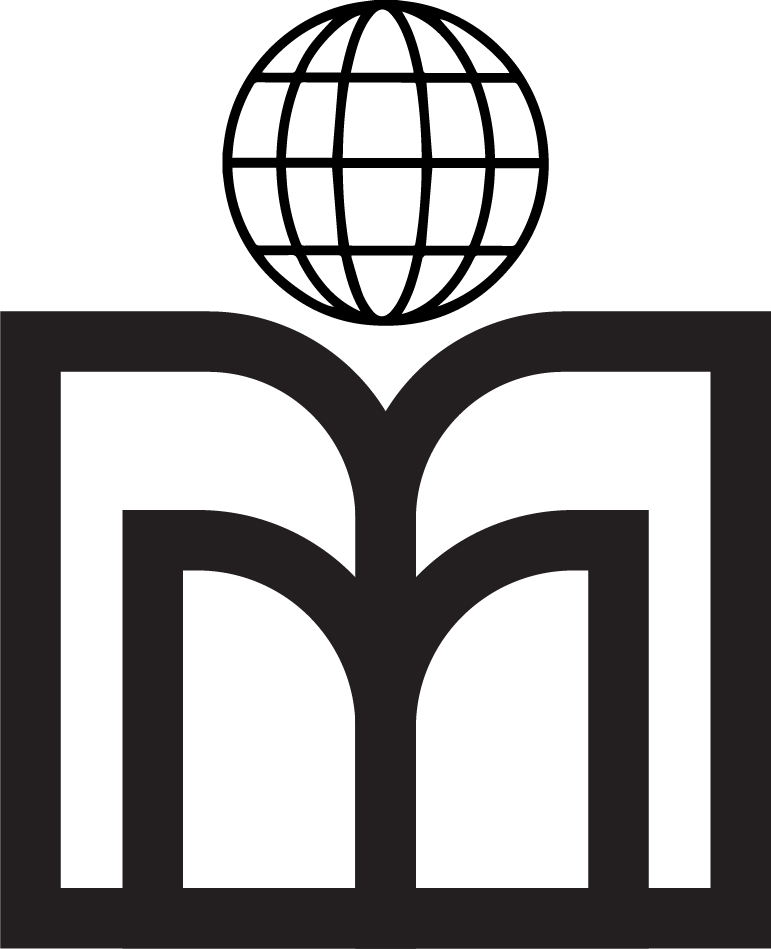Introduction
At the beginning of the twentieth century pharmacy was introduced as an independent field of study due to man’s need for new cures, the chemical and biological advances happening at the time, the close relations between different scientific disciplines and also the possibility to explore and present new treatment processes using new drugs and pharmaceutical products. In Iran this happened in 1935, after the independence of the field from medicine, and the establishment of the school of pharmacy. The School of Pharmacy is equipped with educational and research laboratories in Pharmacognosy, Pharmaceutics, Instrumental analysis, Pharmacology, Toxicology, Pharmaceutical Biotechnology, Medicinal Chemistry, Microbial Control, Physico-chemical Analysis and Medicinal plants. Today, in addition to establishing new pharmacy departments, each department has built research centers and designed more specialized programs based on specific medical needs of society.
Definition
MPharm/DPharm, is a field in medical sciences, designed to meet the pharmacy-related medical needs of society. Students study basic sciences for 2 years and then continue specialized pharmacy courses. Students have the choice of either MPharm degree or DPharm degree. Pharmacy MPharm degree lasts 4-4.5 years while a DPharm degree lasts approximately 5.5 years. The school’s curriculum provides students with the opportunity to develop their skills both in theory and practice. The curriculum provides graduates with the opportunity to work in industrial and pharmaceutical companies, quality control laboratories, poison control centers, cosmetic companies, cellular pharmacology, herbal medicine, biotechnology research, and academia.
The Aim of the Course:
Pharmaceutical scientists are expected to have sufficient general knowledge in different areas of pharmaceutical sciences and be able to meet related needs of the society. The generalaims of this field are as follows:
- Meeting the general educational and research needs to better understand pharmaceutical sciences and all related factors.
- Knowing all scientific and practical research in the area of pharmaceutical sciences.
- Increasing knowledge and skills in:
- Thorough knowledge of the existing drugs in pharmacopoeia
- The ability to manage general and specialized pharmacies and guiding patients and doctors to use
- pharmaceutical products correctly.
- Making of drugs and cosmetics at the pharmacy level
- Making of drugs and cosmetic products at industrial level.
- Quality and quantity control of pharmaceuticals, foods and cosmetics.
- Preventing poisoning and drug side effects
- Knowledge of pharmaceutical sciences references
- The ability to recognize and plan for all health and pharmaceutical related issues at a national level.Cultures and mindsets of different peoples
- Research and educational subjects
- Promotion of professional ethics

